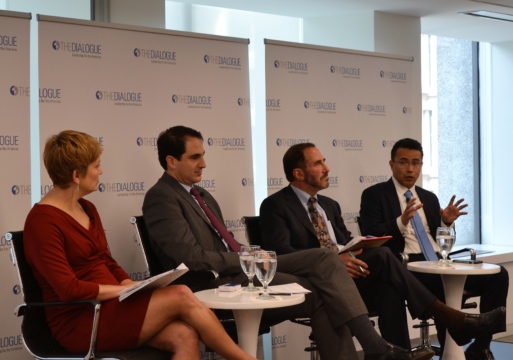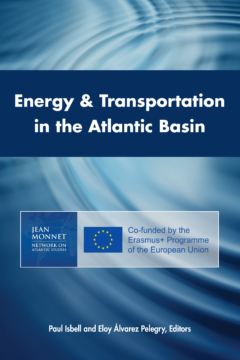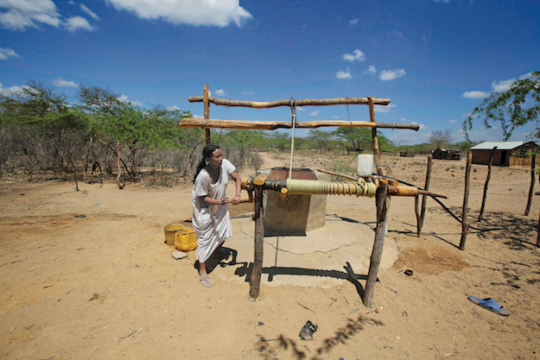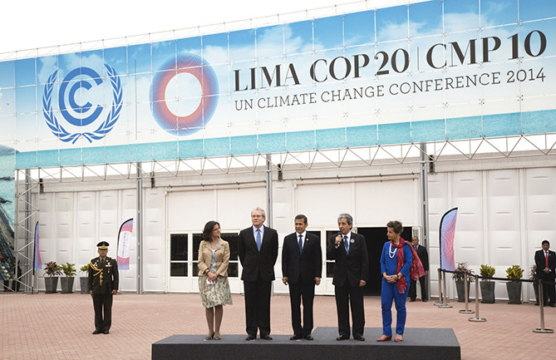
What Will COP20 Achieve?
What are the opportunities for progress and regional cooperation on climate change in the Americas?
What are the opportunities for progress and regional cooperation on climate change in the Americas?
Financial risks to companies and investors associated with climate change will become more important in the coming years as countries look to decarbonize their economies.
Colombia should integrate environmental considerations into its rural economic development plans to avoid an increase in deforestation associated with the post-conflict transition.
Peace in Colombia promises to bring many environmental benefits to the country but also poses environmental risks associated with the rural development plans contemplated in the post-conflict agenda.
As Colombia begins the multi-year process of implementing last year’s peace accord, it is vital to balance environmental conservation with the need for sustainable economic development.
President Donald Trump’s announcement on June 1 that the United States would withdraw from the Paris climate agreement was met with widespread dismay and fears that the decision would put the entire global agreement in peril.
Después del anuncio de Trump, muchos líderes latinoamericanos condenaron la decisión de Estados Unidos de abandonar el Acuerdo de París y reiteraron su compromiso con los objetivos del cambio climático.
As Latin America moves towards reducing greenhouse gas emissions and fulfilling its Paris commitments, it must also work to meet rapidly growing electricity demand, which is projected to almost double by 2040.
Victoria Isabel Cardiel C. entrevista a Lisa Viscidi, la directora del Programa de Energía, Cambio Climático e Industrias Extractivas del Diálogo Interamericano, sobre la decisión de Donald Trump de retirar a Estados Unidos del Acuerdo de París y cómo afectará a América Latina.
Providing reliable, clean energy to Colombia’s growing population will be a tremendous challenge in the coming years, especially in light of the peace process with the FARC.
Under President Juan Manuel Santos, the Colombian government has vastly expanded protected areas, creating new national parks and providing land titles to indigenous and Afro-Colombian communities in the Amazon, Chocó and other important forest regions. However, many challenges remain. National parks and indigenous and Afro-Colombian lands continue to be threatened by illegal occupation, coca cultivation and illegal gold mining.
With the fastest growing car fleet in the world, Latin America has reason to accelerate the transition to electric vehicles. Costa Rica, with its strong commitment to tackling climate change, is positioning itself to vastly expand EV use in the next five years.
Latin America faces many challenges in developing its energy resources and providing clean, affordable and reliable energy. With presidential elections in Brazil, Mexico and Colombia next year, there is considerable uncertainty about future energy policy, as potential candidates in these countries have presented widely varying energy and economic policy platforms.
Addressing Latin America’s transportation challenges requires an integrated approach that includes stemming the growth in demand for private vehicles through the improvement of public transportation systems and non-motorized forms of transport; raising the levels of fuel efficiency and fuel quality; and diversifying fuel sources.
The less than 3 percent of Colombia’s population that lacks electricity lives mainly in areas of the country that have long been controlled by the FARC and other armed groups, such as Chocó in the Pacific, La Guajira on the Caribbean coast, and Putumayo in the Amazon. Not coincidentally, Colombians without access to electricity also have higher rates of poverty, fewer basic public services, and lower education levels than the rest of the country.
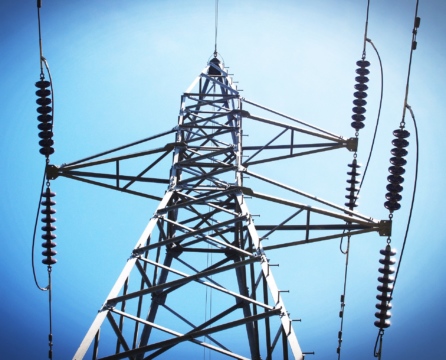
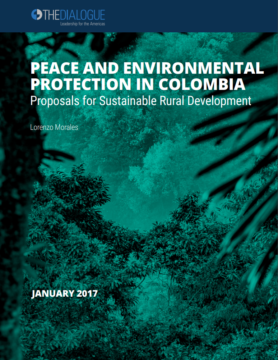
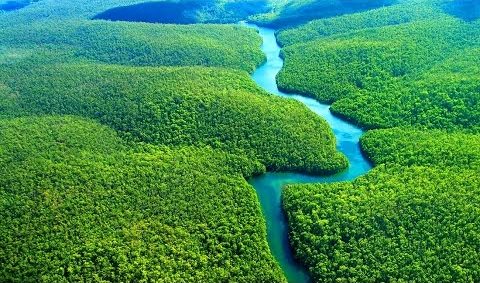

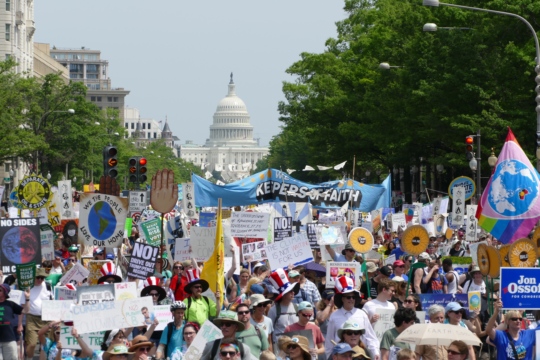

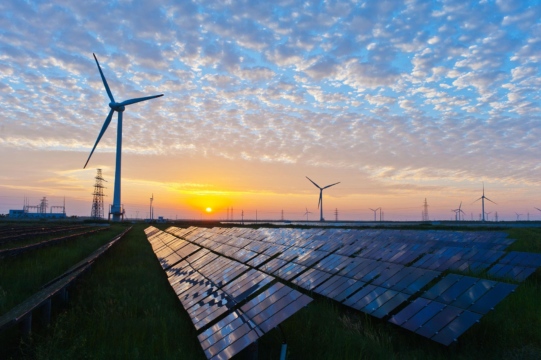
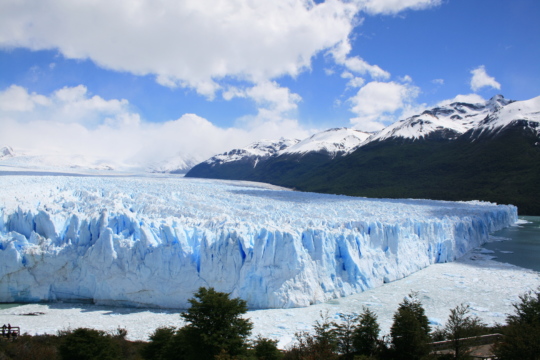
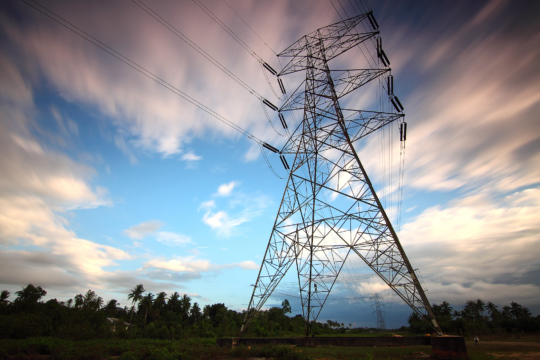
 Video
Video
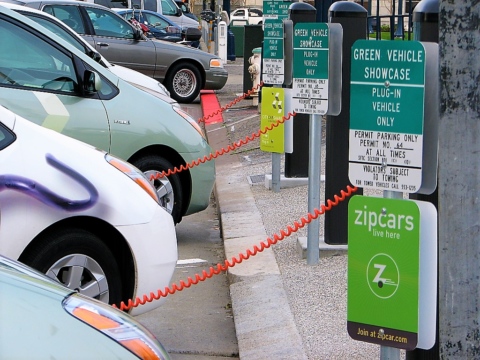 Video
Video
